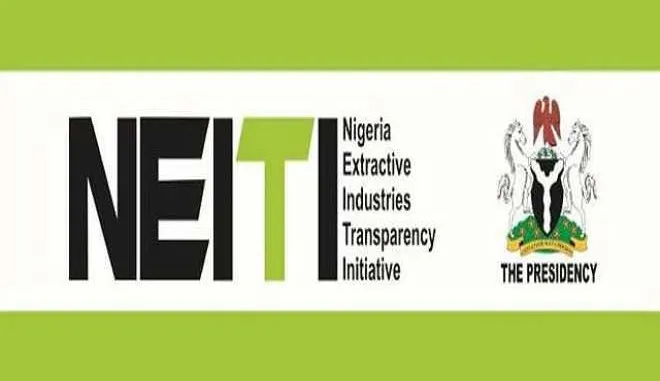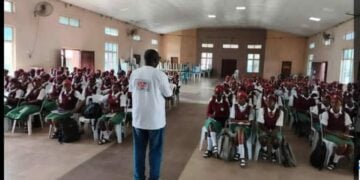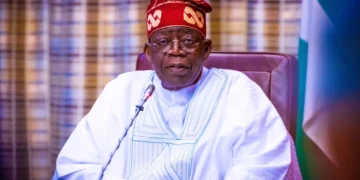The Nigeria Extractive Industries Transparency Initiative (NEITI) has stated that Nigeria requires an estimated $200 billion investment in gas infrastructure to maximise its natural resources. This would position Nigeria as the ninth-largest gas producer in the world and the leading producer in Africa.
Through its Committee on Public Accounts, the Senate has expressed concern over the poor revenue contribution from the solid minerals sector. It is unacceptable that proceeds from the sector contribute less than 1% to Nigeria’s GDP annually.
Speaking in Abuja on Monday during the presentation of NEITI’s 2021–2023 reports on oil, gas, and solid minerals to the Public Accounts Committee, chaired by Senator Aliyu Wadada Ahmed, the Executive Secretary of NEITI, Dr Orji Ogbonnaya Orji, highlighted the country’s lack of adequate gas infrastructure.
“Based on NEITI’s findings, Nigeria must invest at least $20 billion annually in gas infrastructure for ten years.
“The only thing that Qatar Energy does is process gas through the required infrastructure.
“So, in Nigeria, we need to invest in gas infrastructure to evacuate gas. Our study shows that we need an initial investment of $20 billion annually for 10 years to generate the kind of gas infrastructure required to provide gas for Africa and beyond.
“This, of course, will require the construction of gas pipelines across the West African sub-region and beyond, which is a huge expenditure,” he said.
When asked about NEITI’s role in addressing the alleged $8.5 billion unremitted to the Consolidated Revenue Fund by the Nigerian National Petroleum Company Limited (NNPCL), the Federal Inland Revenue Service (FIRS), and the Nigerian Upstream Petroleum Regulatory Commission (NUPRC) in 2023, Dr Orji stated that the Economic and Financial Crimes Commission (EFCC) is already probing the agencies involved.
He also noted that the solid minerals sector is failing to generate the expected revenue, as its yearly contribution to GDP remains below 1%.
Frustrated by these revelations, the chairman and Senate committee members criticised NEITI’s report on solid minerals, arguing that it does not reflect the actual state of the sector.
They questioned why the report only mentioned states such as Ogun, Osun, Kogi, Edo, Ebonyi, Rivers, Cross River, and the FCT while omitting key mining states like Nasarawa, Zamfara, Kebbi, Plateau, and Bauchi.
Senator Wadada, the committee chairman, described the less than 1% contribution of solid minerals to GDP as “ridiculous and unacceptable.”
“This definitely must not continue; there must be a complete overhaul of the sector,” he said.





